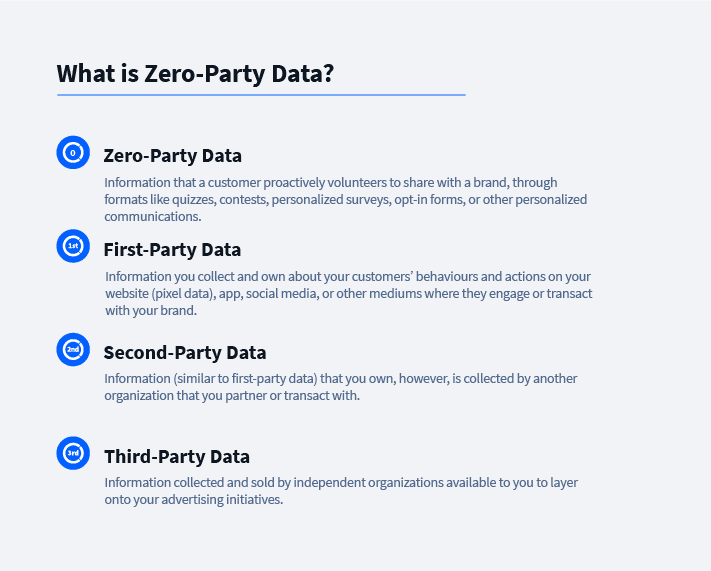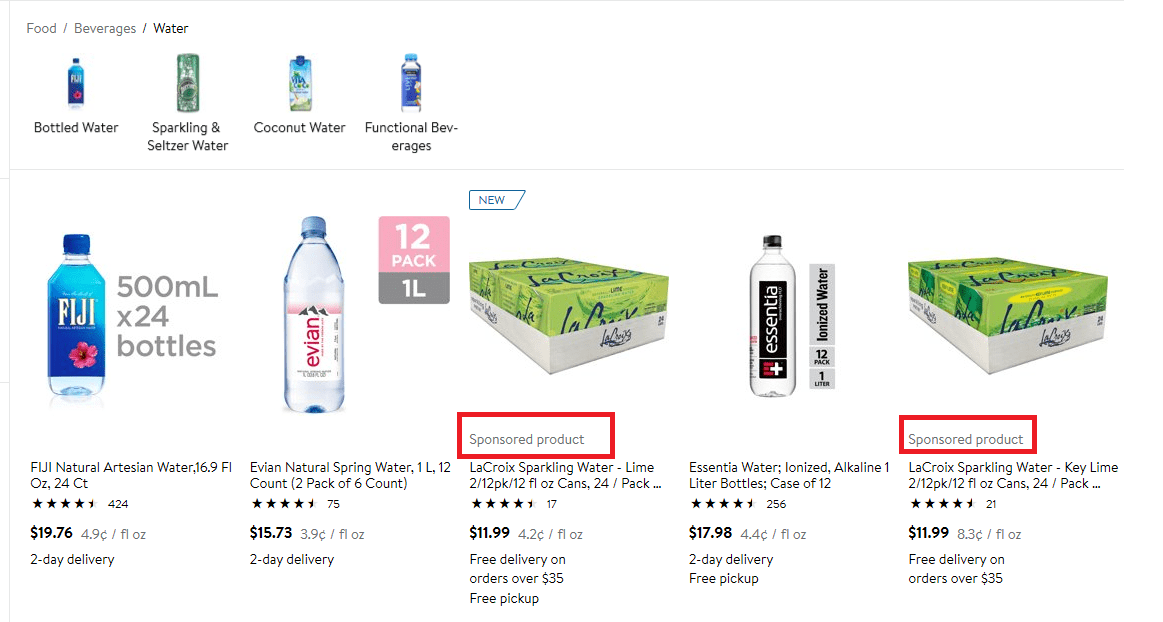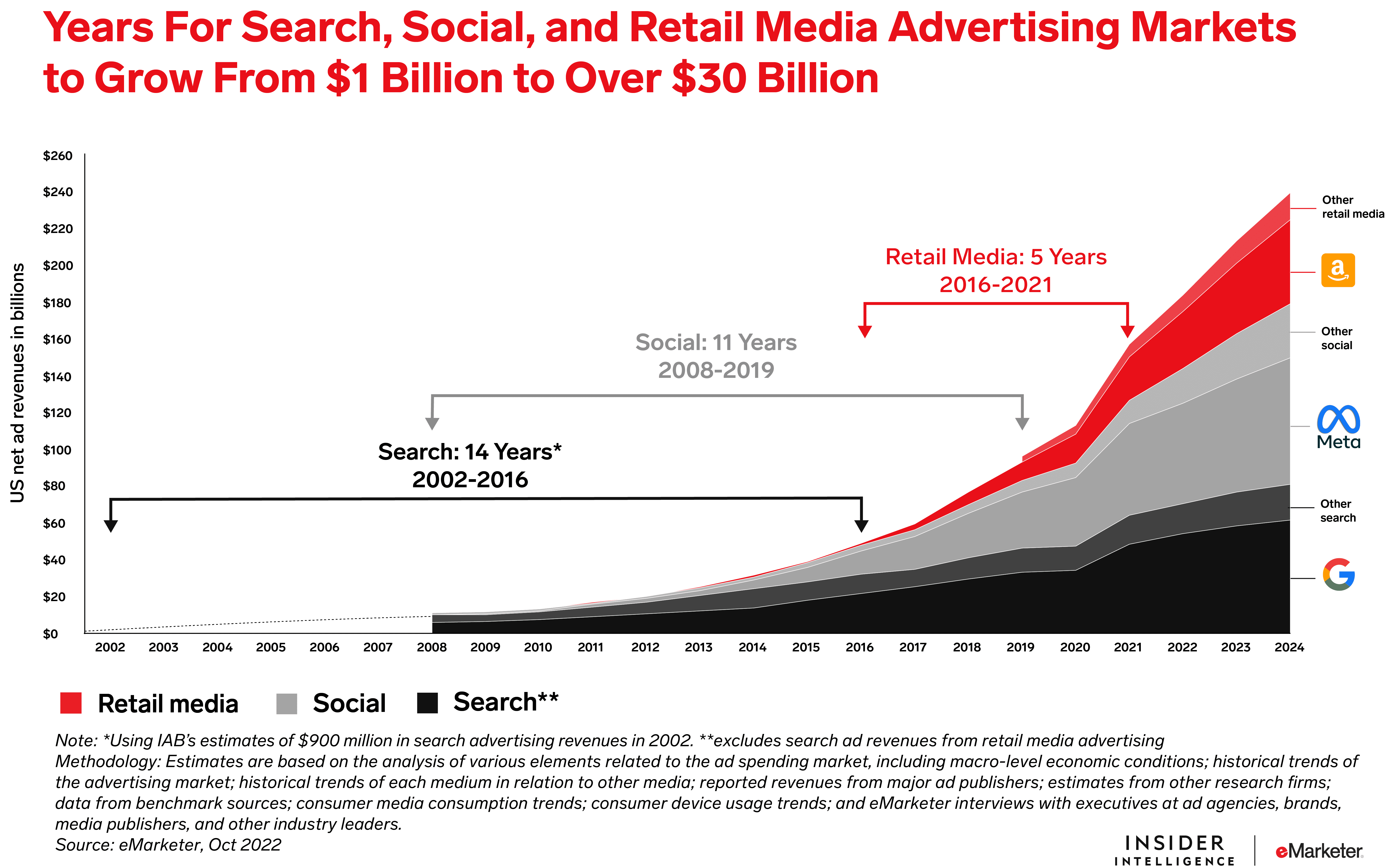Retail Media is Accelerating & Evolving
Retail media networks are becoming increasingly popular and profitable as a way for retailers to monetize their reach, audience and data accessibility. By leveraging critical data such as customer profiles, point-of-sale and purchase history, and loyalty information, retail media networks can create more personalized and relevant advertising experiences for consumers, which can lead to higher engagement and conversion rates for advertisers. But the most important question that retailers face when designing their retail media offering is how can we leverage all of our key data sources without eroding the trust we’ve built with our customers?
As we begin, let’s address the elephant in the room, the death of the cookie. As the cookie slowly fades away, bi-directional value (value to both the publisher and to the advertiser) will be heavily driven by zero and first party data through detailed, deliberate audience creation, segmentation, and activation to provide personalized, actionable insights to advertisers and publishers. Now, to be clear, none of us really know when the cookie will disappear (the deadline has been moved multiple times already dating back to 2021), but the inherent relationship between retailers and their customers creates a trust-to-value metric that traditional publishers likely will never be able to compete with, regardless of the status of the cookie. For clarity, as we continue this discussion, zero party data represents data that consumers willingly and openly share, whereas first party data represents data that companies capture from direct digital engagement activities.

When we consider the level of trust we have in the brands we buy and combine that with the current level of distrust society has in disclosing personal information with more traditional publishers (i.e., Digital/Print Magazines, TV Networks, Newspapers, etc.), we begin to see how retailers are able to maximize trust to gather deeper insights into their audience/consumer base. Retailers benefit from long standing customer relationships and inherent trust built between customers and their brand to gain seamless access to customer data through multi-channel interactions such as in-store, online, email, and in-app, and data collection efforts become far easier over time. In other words, retailers have more trust with their audiences and more channels to collect data which results in more data being shared voluntarily and in greater volumes.
Some examples of zero-party data available to Retailers include:
Product Preferences: Retailers can ask customers about their product preferences, such as their favorite brands, colors, and styles. Retail subscriptions, loyalty programs, and other preference center questions provide insights that can inform personalization at a deeper level.
Purchase History: Retailers collect information about customers’ purchase history, such as the products they have bought, recurring purchases, prices paid, and the dates of their purchases. This information can be used to analyze trends amongst individual shoppers to support targeted marketing campaigns, offers and discounts, and improved customer service. Purchase history data can also be extrapolated to gain insights into other key valuable data sets such as household size and information, income data, and other demographic statistics often not readily available to traditional media outlets.

Personal Interests: Generally, consumers are far more comfortable sharing information about their interests, such as their hobbies, favorite movies, and books with retailers from which they are already purchasing those goods. This information can be used to create engaging content, improve creative designs for ads, build or enhance audience targeting, and improve customer service.
Demographics: By collating data from the various streams listed above (and many others not discussed here), Retailers possess a surplus of more holistic customer profiles. Once this data is collated, it creates a highly detailed understanding of customers’ demographics such as their age, gender, location, household size/makeup, income, and more that can be used to fine-tune targeting and improve conversion rates for advertisers.
The access to a significantly larger playground of zero-party data furnishes retailers a substantial advantage over traditional publishers. As ad networks expand in the retail space, brand trust will continue to be the currency that gives retail media networks an edge. But, without a strong data protection and privacy strategy, a comprehensive talent and planning strategy, and the right technology, that competitive advantage can also easily tip the scales towards the erosion of brand trust and loyalty for retailers.

So how do retailers manage the responsibility of going after this huge advertising opportunity, without compromising the trust they’ve earned with their customers? It starts by creating a personalized experience for your customers, which can be accomplished leveraging your zero-party data to produce messaging, ad creative, recommendations that resonate with their already known interests. If the customer feels recognized in this way, they are more likely to spend more time within this experience, which in turn, keeps advertisers happy and willing to spend more on your network. Having your customer’s zero-party data, and knowing how to translate that information into personalized experiences, without compromising the customers trust, should be at the core of every Retail Media strategy.
Building Trust Starts With A Conversation.
Headed to Salesforce Connections next month? Come meet our team in person, as V2 will be presenting twice during this conference, and both of our sessions are on the topic of Retail Media, click here for more details on how to find us.


